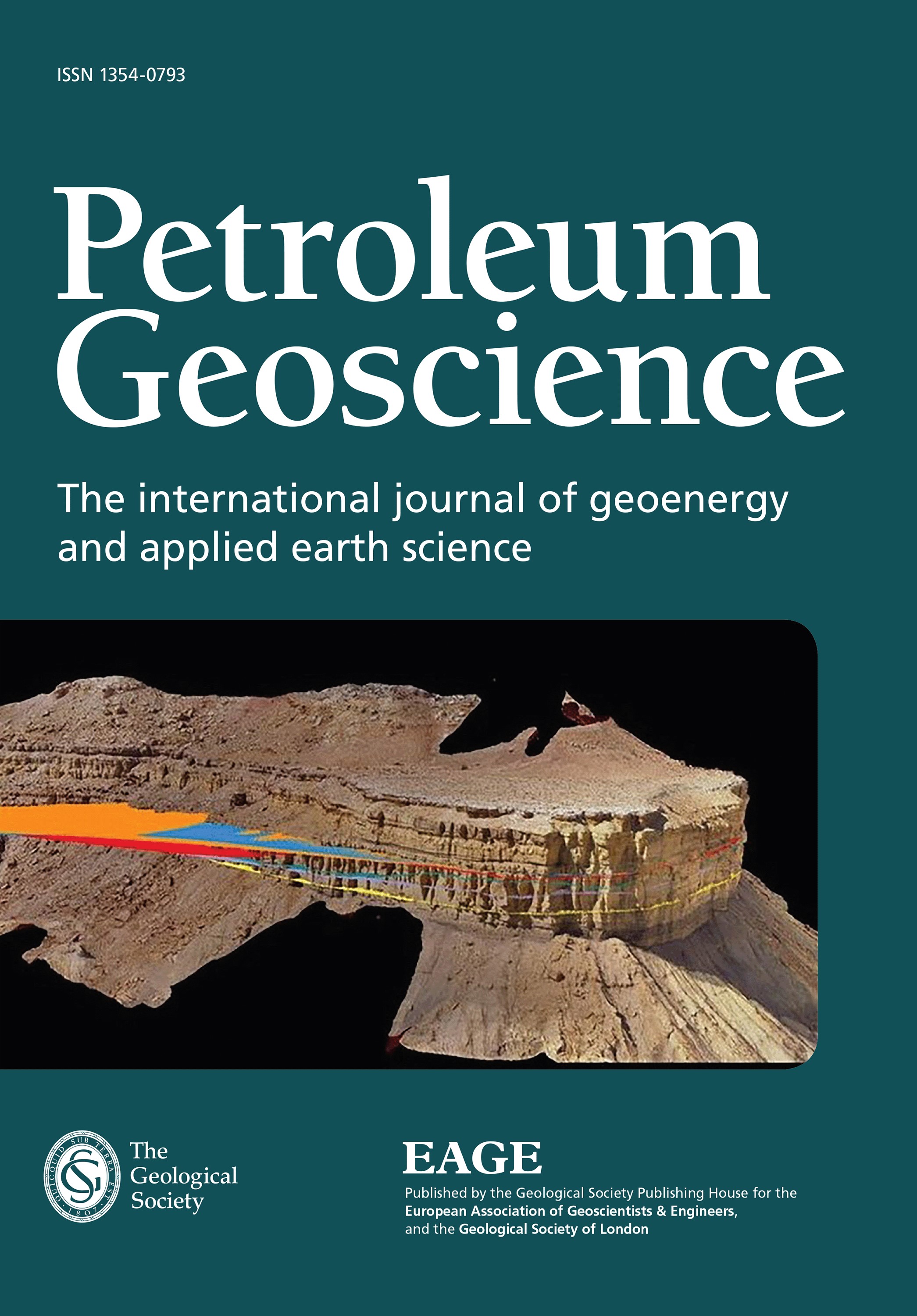Award success for research paper: The principles of helium exploitation

This award-winning research paper was co-authored by Jon Gluyas, Director of the Durham Energy Institute. It was published online in February 2022 by Earthdoc, the online Geoscience database and in 2023 it received the Norman Falcon Award for Best Paper in Petroleum Geoscience.
The paper identifies that the history of helium exploration is one of serendipity, helium only being discovered as a small fraction of the produced natural gas (methane). Traditionally, petroleum companies vent helium alongside other waste gases either because they do not know there is helium in their gas mixture.
The paper adapted the six established petroleum exploration questions to be relevant to identify helium reservoirs throughout the world. The answers to these questions were used to create a helium exploration strategy which would enable regions globally to be assessed for their helium prospectivity.
Two exploration wells in the Rukwa Basin were completed by August 2021. They have proved the presence of helium in the area and that it was essentially free of hydrocarbon gases. Further appraisal drilling will occur during 2023.
This paper is open access, which means that you can download for free and have unlimited access.
Find out more
- Read the paper in Petroleum Geoscience here
- Discover more about Professor Jon Gluyas, Executive Director of Durham Energy Institute and the Ørsted/Ikon Chair in Geoenergy, Carbon Capture & Storage in our Department of Earth Sciences.
- See the fantastic research we do at Durham Energy Institute.
- Our Department of Earth Sciences is ranked in the world top 50 by the QS World University Rankings. The department aspires to help shape the future by providing the highest quality education for our students and by undertaking research that is both intrinsically excellent and relevant to society.Feeling inspired? Visit our Earth Sciences webpages to learn more about our postgraduate and undergraduate programmes.


/prod01/prodbucket01/media/durham-university/research-/research-institutes/durham-energy-institute/landscapes-cityscapes-montages-etc/Walney-sunset-2000X800.jpg)